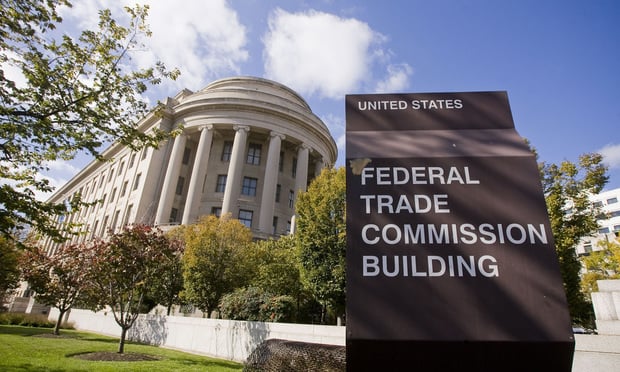 The United Kingdom and other countries have experienced recent acts of terrorism in in the name of religion, with the United States seeing an increase in protests by extremist groups. When employees holding or expressing extremist views bring those views to the workplace, it can create numerous management issues, creating polarization and division among employees, frequently resulting in disputes, disruptions and other unwanted conduct. Even conduct engaged in outside the workplace can create concerns, especially when that conduct is made public through commercial media or, as is frequently the case, on social media. While U.S. and U.K. workplace laws are not identical, in managing the repercussions of extremist behavior by employees, a primary focus of employers in both jurisdictions is ensuring the safety of the workplace, followed by ensuring employees are free of harassment or discrimination because of religious beliefs or any other protected rights. Companies should promote tolerance and acceptance of different views in the workplace. However, allowing employees to hold differing religious or political views must be balanced with the obligation to provide a safe work environment. For employers, it is this competing obligation that creates the greatest challenge.
The United Kingdom and other countries have experienced recent acts of terrorism in in the name of religion, with the United States seeing an increase in protests by extremist groups. When employees holding or expressing extremist views bring those views to the workplace, it can create numerous management issues, creating polarization and division among employees, frequently resulting in disputes, disruptions and other unwanted conduct. Even conduct engaged in outside the workplace can create concerns, especially when that conduct is made public through commercial media or, as is frequently the case, on social media. While U.S. and U.K. workplace laws are not identical, in managing the repercussions of extremist behavior by employees, a primary focus of employers in both jurisdictions is ensuring the safety of the workplace, followed by ensuring employees are free of harassment or discrimination because of religious beliefs or any other protected rights. Companies should promote tolerance and acceptance of different views in the workplace. However, allowing employees to hold differing religious or political views must be balanced with the obligation to provide a safe work environment. For employers, it is this competing obligation that creates the greatest challenge.
One of the problems with religious extremism is that there is no agreement about its definition. Different groups and organizations define it differently. In general, extremism is defined as an ideology violating common moral standards. This can be true of any behavior that reaches a point where it is deemed extremist, whether religious or political. The laws of the United States and the U.K. both prohibit religious discrimination in the workplace, and protect the right of employees to express religious beliefs. Thus, employers in both countries must manage workplace demonstrations of extreme beliefs, whether religious or some other strongly held point of view, in a way that does not infringe on the protected religious views of the employee.









